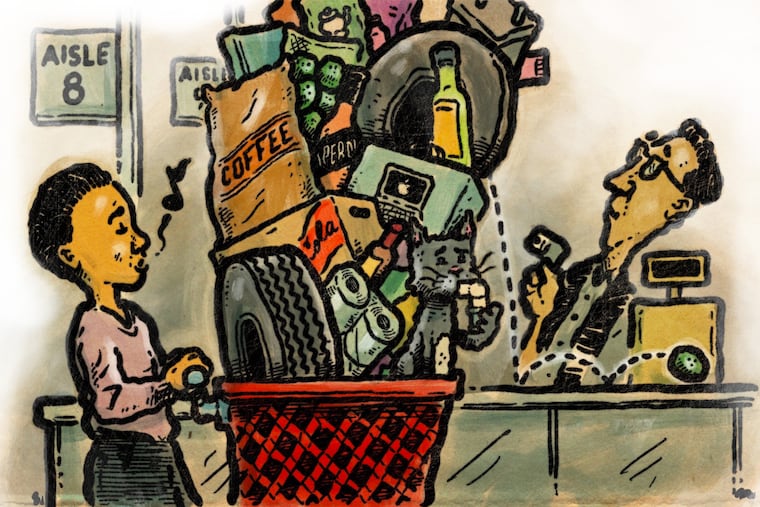Mahmoud Khalil’s wife gives birth after federal authorities deny his request for temporary release.
On April 21, 2025, Mahmoud Khalil, a Palestinian activist and legal permanent resident, remained in federal custody as his wife, Noor Abdalla, gave birth to their son. This event unfolded following the denial of a family request by U.S. Immigration and Customs Enforcement (ICE) for Khalil to be temporarily released in order to attend the birth. Abdalla expressed her distress over the situation, stating that the decision was a deliberate act by ICE to inflict suffering on their family during this significant life event.
Khalil is currently detained at a federal immigration facility in Jena, Louisiana, after a ruling by an immigration judge on April 11 allowed for the potential of his deportation by the Trump administration. While a federal judge in New Jersey has granted an order to keep Khalil in the country pending a ruling on related constitutional matters, the circumstances surrounding his detention remain contentious.
The government has neither charged Khalil with any crimes nor provided substantial evidence linking him to terrorist activities, despite asserting that his political activism poses a threat to American foreign policy. His legal team has firmly rejected these claims, emphasizing that their client has not been associated with Hamas, a group categorized as a terrorist organization by the U.S. In light of Abdalla’s labor, Khalil’s attorneys requested a two-week furlough, proposing several methods for monitoring him, including an ankle bracelet. However, this request was promptly declined by the ICE field office in New Orleans.
During her labor, Abdalla was able to communicate with Khalil briefly. The future of Khalil’s detention and when he might be able to meet his newborn son remains unclear. Abdalla voiced her hopes that when Khalil is eventually released, he will impart values of bravery, thoughtfulness, and compassion to their child, reflecting the qualities she attributes to him as a father.
As the situation continues to develop, the Department of Homeland Security has not provided comments regarding Khalil’s case or the broader implications of ICE’s actions concerning political refugees. The emerging complexities of Khalil’s situation, particularly in the context of immigration policies affecting activists, underscore the challenging intersections of personal rights and governmental authority in contemporary America.
As legal proceedings continue, the family remains hopeful for a resolution that will reunite them.







